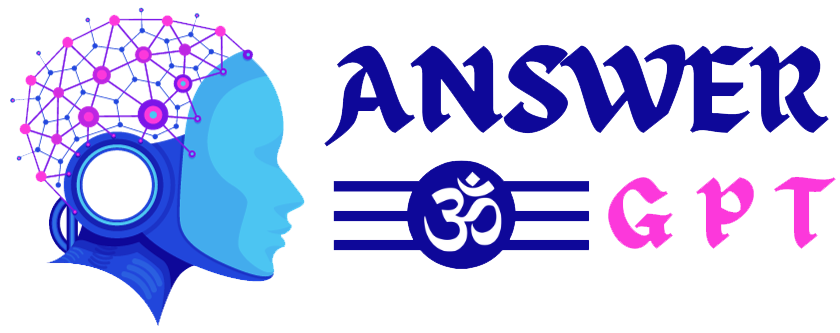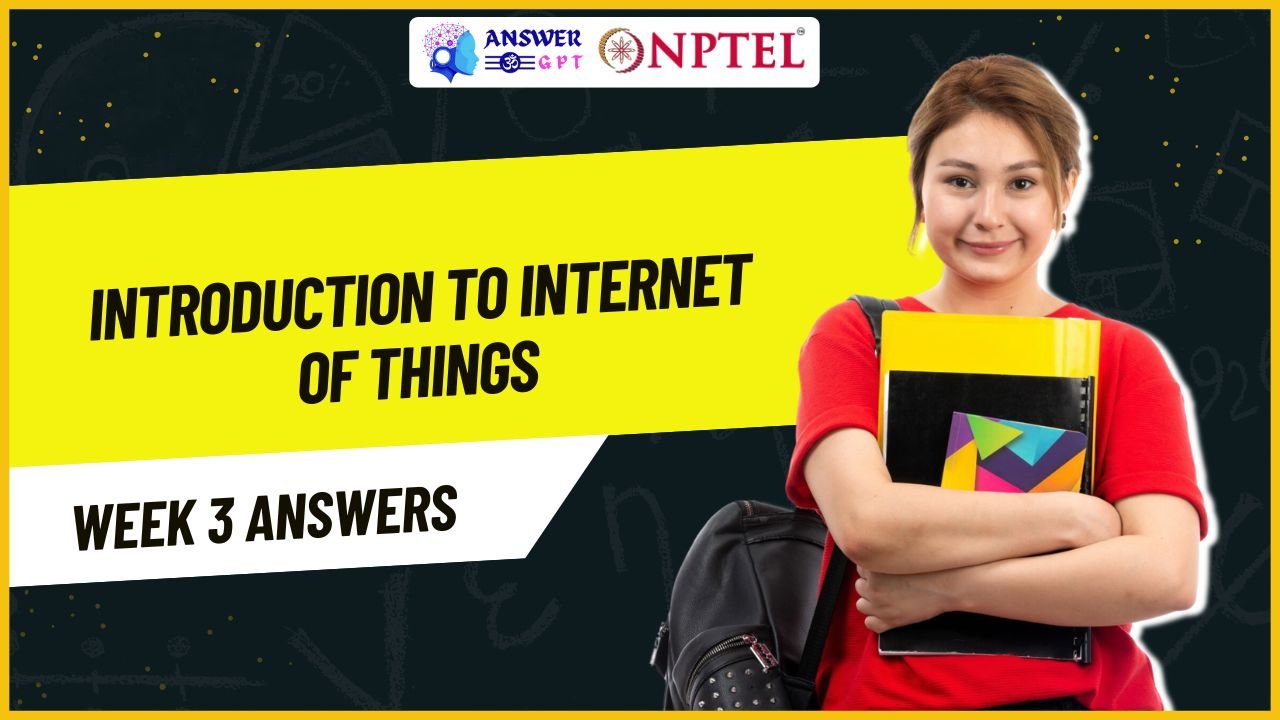Leadership and Team Effectiveness Week 3 NPTEL Assignment Answers 2025
NPTEL Leadership and Team Effectiveness Week 3 Assignment Answers 2024
1. __________ occurred when leaders and followers were in some type of exchange relationship to get needs met.
- Transformational Leadership
- Transactional Leadership
- Ethical Leadership
- Autocratic Leadership
✅ Answer: Transactional Leadership
Explanation: Transactional leadership is based on an exchange process, where followers are rewarded for performance. Leaders offer rewards or punishments based on results.
2. Which of the following concern with one’s own thoughts and feelings?
- Internality
- Networking
- Synergy
- Recruitment
✅ Answer: Internality
Explanation: Internality refers to a person’s focus on internal states, such as thoughts and feelings, rather than external events or influences.
3. ________ is an effective way of empowerment.
- Delegation
- Decision
- Determination
- Dedication
✅ Answer: Delegation
Explanation: Delegation empowers others by assigning authority and responsibility. It builds confidence and encourages skill development in team members.
4. What does Maverick mindset mean?
- Looking at situation from one perspective
- Narrow vision
- Tunnel Vision
- Looking at situations from different perspective
✅ Answer: Looking at situations from different perspective
Explanation: A maverick mindset embraces innovative, out-of-the-box thinking and multiple perspectives, which helps in problem-solving and leadership.
5. State true and False
Proactive personality identify opportunities, show initiative, take action, and persevere until meaningful change occurs, compared to others who passively react to situations.
- True
- False
✅ Answer: True
Explanation: Proactive personalities take charge, initiate change, and persist in the face of obstacles, instead of reacting passively to events.
6. Which of the following correctly represents the OCEAN acronym in the context of personality?
- Operational Characteristics Evaluation and Analysis Network
- Oceanic Circulation and Environmental Assessment Nexus
- Openness, Conscientiousness, Extraversion, Agreeableness, Neuroticism
- Organic Chemistry Elements and Atomic Numbers
✅ Answer: Openness, Conscientiousness, Extraversion, Agreeableness, Neuroticism
Explanation: OCEAN is the acronym for the Big Five personality traits — a widely accepted framework in psychology.
7. The Great Man theory emphasis on which of the following assumption?
- It considers external environments or situations that often influence human behavior and attitudes.
- Every great leader is born with traits that prepare them to rise and lead.
- It considers the contributions of others who drove a leader to success.
- It’s based on facts and evidence.
✅ Answer: Every great leader is born with traits that prepare them to rise and lead.
Explanation: The Great Man theory suggests that leadership is innate and leaders are born with special qualities, not made.
8. Which of the following personality type enjoys working with numbers, records, or machines in a set, orderly way?
- Realistic
- Conventional
- Social
- Enterprising
✅ Answer: Conventional
Explanation: People with a conventional personality enjoy structured tasks, working with data, and following set rules and procedures.
9. Which of the following system describe authority because of their exemplary characteristics?
- Legal–rational authority system
- Traditional authority system
- Charismatic authority system
- Power-achievement authority system
✅ Answer: Charismatic authority system
Explanation: Charismatic authority stems from a leader’s personal charm and influence, not from formal structures or traditions.
10. State true and False
Proactive personality identify opportunities, show initiative, take action, and persevere until meaningful change occurs, compared to others who passively react to situations.
- True
- False
✅ Answer: True
Explanation: This is a repeat of Q5. Again, proactive individuals initiate change and seek improvement rather than waiting for external prompts.

![[Week 1-12] NPTEL Leadership and Team Effectiveness Assignment Answers 2025](https://answergpt.in/wp-content/uploads/2025/01/Leadership-and-Team-Effectiveness-2025.jpg)

![[Week 1-12] NPTEL Leadership and Team Effectiveness Assignment Answers 2024](https://answergpt.in/wp-content/uploads/2024/01/Leadership-and-Team-Effectiveness-Assignment-Answers-2024.jpeg)


